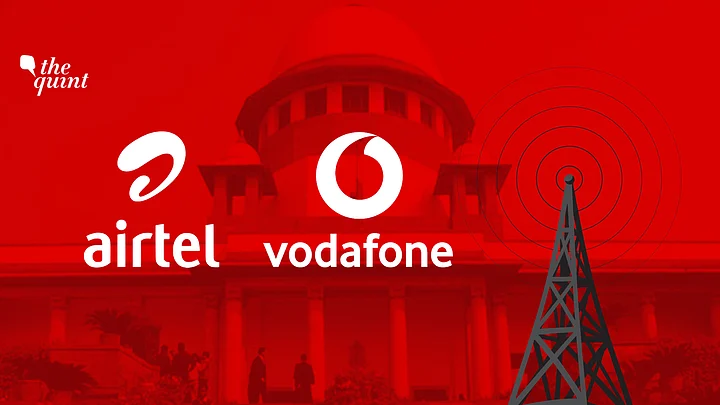In a major setback to Indian telecom companies like Bharti Airtel and Vodafone Idea, the Supreme Court on Thursday, 24 October, broadly upheld the Department of Telecommunications’ definition of AGR – Adjusted Gross Revenue.
Which means the telcos are collectively faced with a bill of something to the tune of Rs 92,000 crore.
WHAT IS AGR?
AGR is the basis for calculating the spectrum usage charges and license fees paid by telecom companies to the DoT. The higher the AGR of a telco, the higher the payments the companies have to make to the DoT.
WHY WAS THE SUPREME COURT LOOKING AT THIS?
The Supreme Court judgment settles a 14-year-old debate over what should be included within the ambit of AGR. The DoT has consistently maintained that it includes all revenues of the companies, including rent, handset sales and profits from sales of assets and scrap.
The telecom companies, on the other hand, argue that only revenue earned from their main telecom services should be considered for calculating AGR.
The DoT’s definition of AGR was first challenged in 2005 by the Cellular Operators Association of India. A number of cases were filed across the country, which saw conflicting decisions.
The Tripura High Court agreed with the telcos, but the Telecom Disputes Settlement and Appellate Tribunal (TDSAT) said some non-core elements could be included in the definition of AGR. The TDSAT’s decision in 2015 has been followed by telcos over the last few years to come up with their estimates, according to The Economic Times, but the DoT has been insisting this means they’ve underpaid their dues.
WHAT ARE THE CONSEQUENCES OF THE JUDGMENT?
The old cases were finally argued before the Supreme Court earlier this year, with the judges reserving their verdict in August.
In a hearing in June, the DoT had informed the apex court that according to their estimates, the companies needed to pay the central government over Rs 92,000 crore. According to Bloomberg Quint, the government figures say that Bharti Airtel is liable for over Rs 21,000 crore and Vodafone Idea will have to pay over Rs 28,000 crore.
The Supreme Court’s ruling favours the DoT’s definition of AGR, although it does not include everything the government has argued. The bench of Justices Arun Mishra, Abdul Nazeer and MR Shah has also held that the telcos need to pay penalties and interest to the government over the amounts due.
Although they may not end up having to pay the full amounts demanded by the DoT as a result, the stocks of Bharti Airtel and Vodafone Idea suffered serious losses after the verdict was announced. Shares of Vodafone Idea fell by up to 13.3 percent, while Bharti Airtel went down by as much as 4.9 percent. This only adds to the burdens of these companies, which are already in trouble, thanks to the entry of Reliance Jio.
While the judgment technically affects other telcos as well, most of them are not operational. Or, for instance, there’s Reliance Communications, which has to pay around Rs 22,000 crore, but is currently in the midst of insolvency proceedings.
